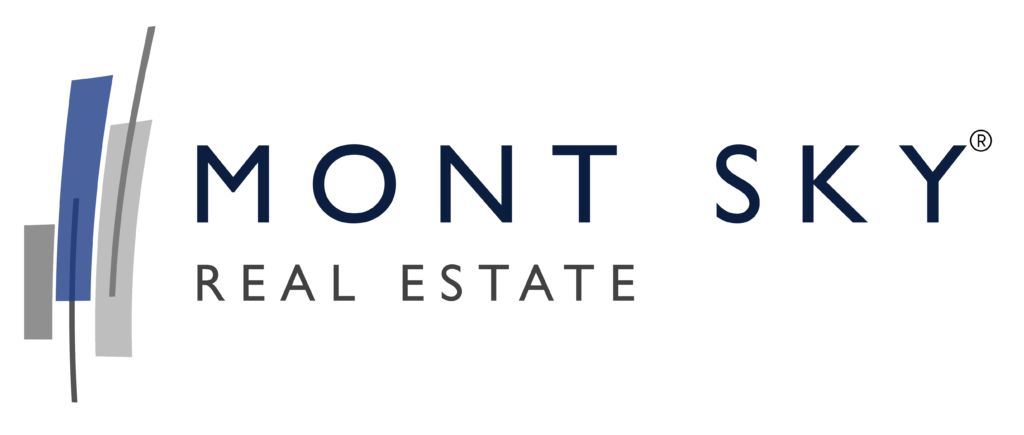About The Author
Mont Sky®
Your home may be your most valuable asset, so why settle when it comes to your real estate agent? Founded by former investment banking professionals, Mont Sky® brokers and agents come with deep industry experience in fields as varied as leveraged finance, institutional sales and real estate law.
Related Posts
Embarking on Your NYC Real Estate Career: A Step-by-Step Licensing Guide
By
Mont Sky®
/ November 16, 2023







